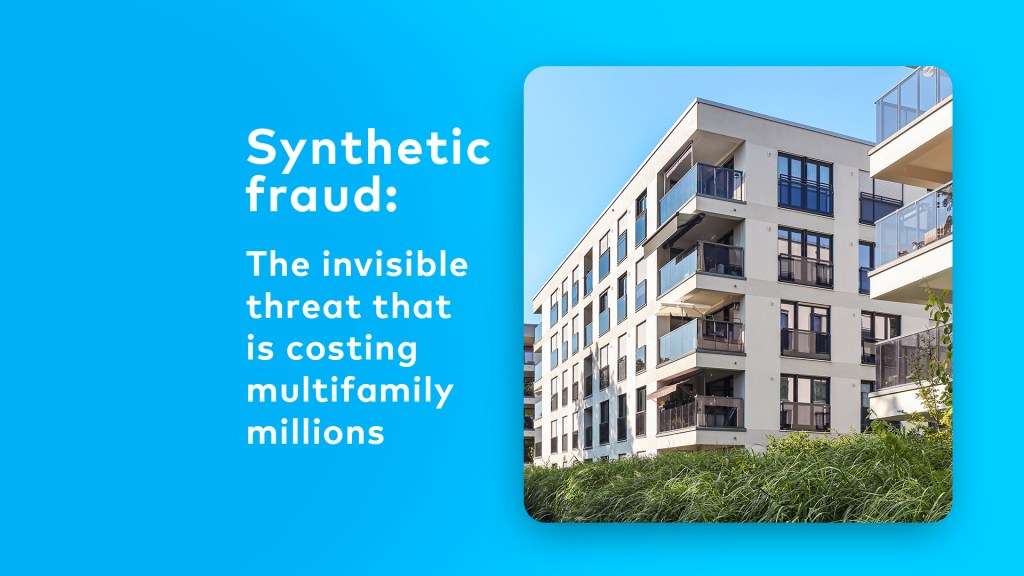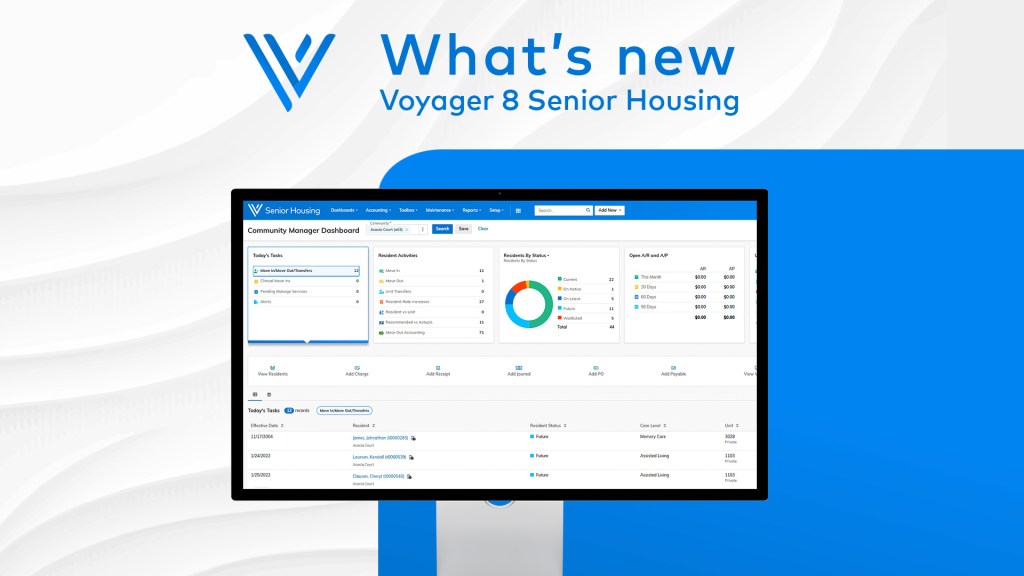By Erica Rascón on July 24, 2017 in People
Desperate times call for creative solutions. The city of Allentown, Pennsylvania faced a m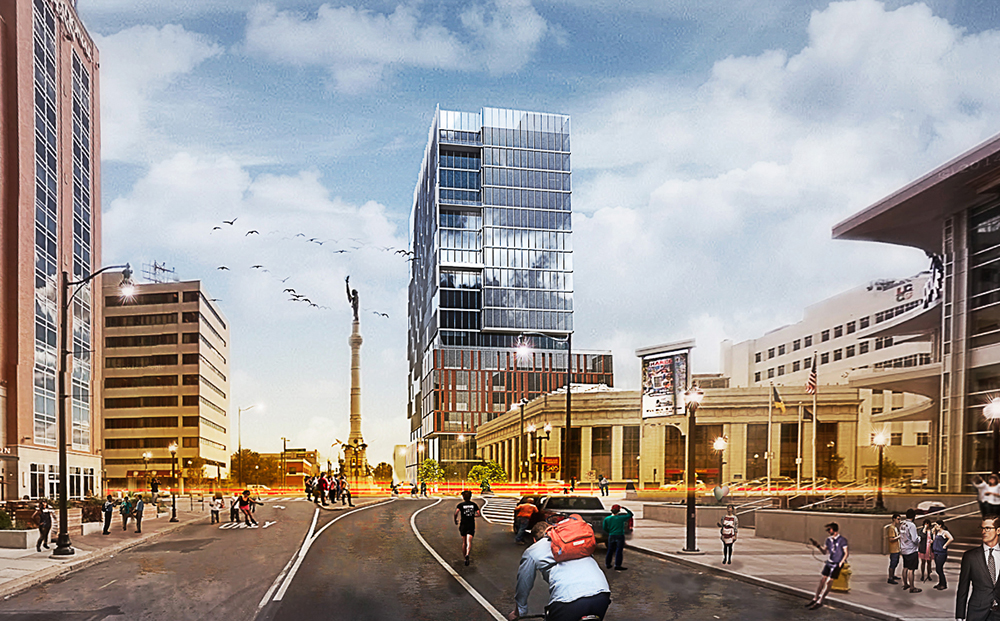 ultimillion-dollar deficit, high crimes rates, and a dwindling population. A unique approach to capital investment saved the city, producing what the mayor calls “Allentown 4.0.”
ultimillion-dollar deficit, high crimes rates, and a dwindling population. A unique approach to capital investment saved the city, producing what the mayor calls “Allentown 4.0.”
William Billowitch, Controller, City Center Investment Corporation, sits down with Yardi to explore the organization’s singular approach to development.
Built from Necessity
The city of Allentown, the third largest city in Pennsylvania, descended into a rut during the recession. Its blighted neighborhoods became a hotbed for crime. While neighboring cities gradually pulled out of their recession lows, Allentown continued to descend.
In the effort to save the town, local leaders and visionaries from the public and private sector worked together to draft a revitalization plan for the urban core.
With that plan in mind, real estate development firm City Center Investment Corporation created City Center Lehigh Valley. The mixed-use complex is helping to transform downtown Allentown into one of America’s most vibrant urban communities. It is a regional center of excellence for business, culture and metropolitan living.
“Our objective is to stimulate downtown, the economy. We use pretty much almost all Pennsylvania labor, all Pennsylvania products, to build,” says Billowitch.
With Allentown’s new arena, PPL Center, at its core, City Center includes more than 1 million square feet. The campus includes three Class A office towers, the Renaissance Allentown Hotel, STRATA East and West residential buildings, The Shops at City Center, upscale restaurant space and a co-working space called Velocity.
The seven-story office building, One City Center, was the first installment of a 10-year master planned project. In addition to office space, it is home to a sports performance and fitness center. One 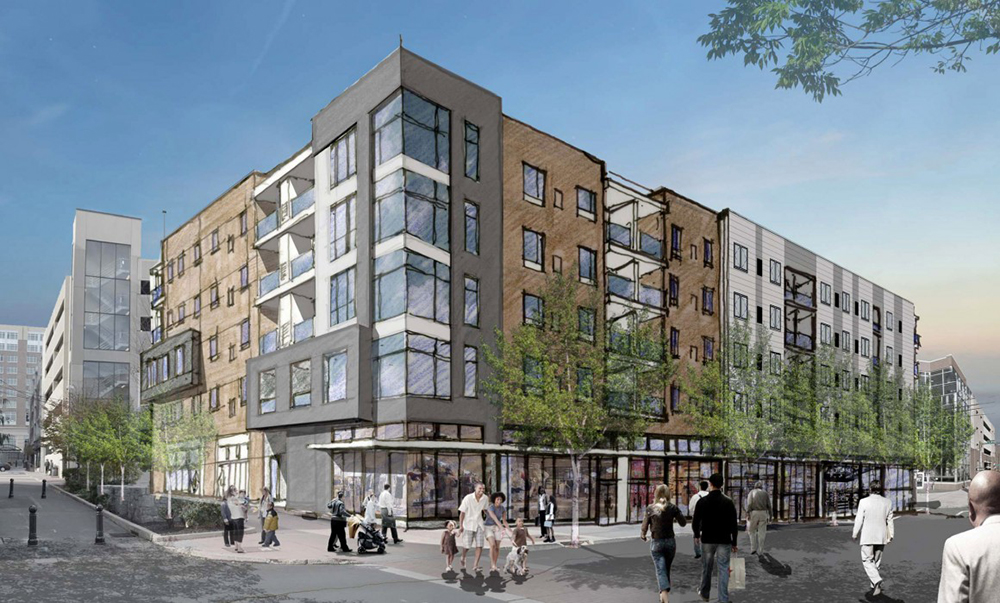 City Center is currently fully leased.
City Center is currently fully leased.
“Since then, we’ve opened a building every year,” says Billowitch. “City Center’s total investment in downtown Allentown is $400 million, with additional development of office, residential, retail and green space underway. What is really encouraging is all of the office buildings we have opened are fully leased and we can’t keep up with apartment demand.”
City Center’s third residential building, STRATA Symphony, has 71 apartments and is scheduled to open in December of 2017.
Bright Future
City Center’s five-year plan includes an additional million square feet, crowned with a project that will consume an entire city block.
“It’s going to include the tallest office building in the region and be very energy efficient. It includes an entertainment center, more apartments and has over an acre park. It’s ridiculous,” Billowitch says excitedly.
The Five City Center complex will be home to the 24-story Innovation Tower, a garage with more than 800 parking spaces and 225 more upscale apartments.
As predicted, investments sparked growth. Allentown is now the fastest growing city in Pennsylvania. Several corporations have relocated to take advantage of the city’s proximity to New York City, Washington, D.C., Boston, and Philadelphia. Four Fortune 500 companies have headquarters or satellite offices in Allentown.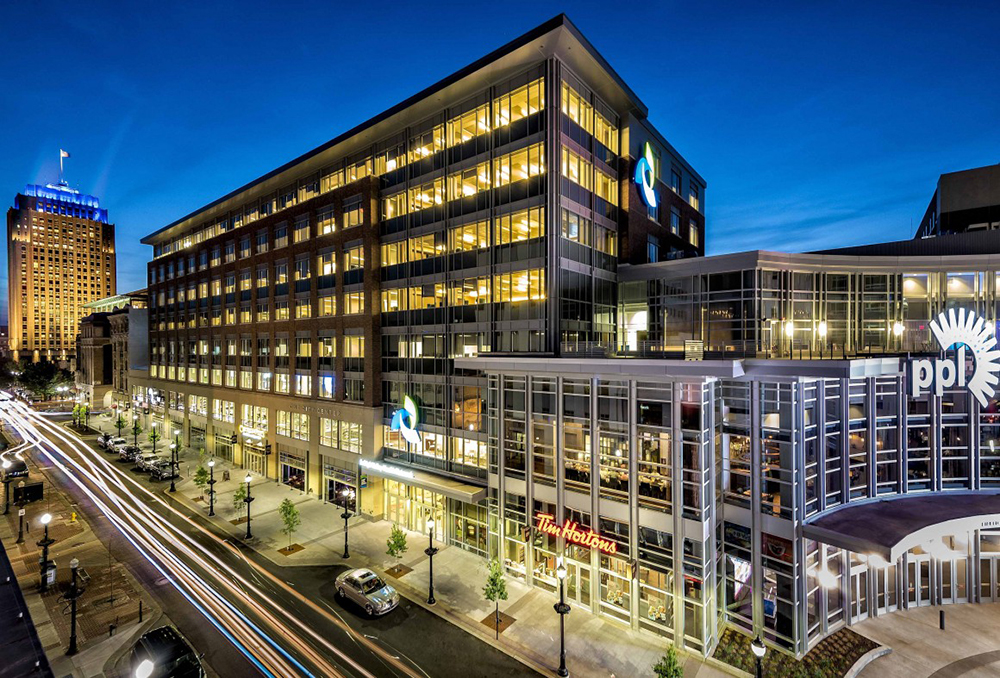
Billowitch says, “You can see it’s a true model of private-public partnership, between the state, the city and us.”
City + Private Partnership
City Center’s investment pool required collaboration between state legislators, local businesses, local developers, and private investors.
The NIZ is a special taxing district that allows developers to tap virtually all the state taxes created by their new commercial tenants to pay off construction loans. It also allows the city to harness taxes paid in the zone to cover the $15.3 million annual public debt on the PPL Center.
The Allentown Neighborhood Improvement Zone Development Authority (ANIZDA) monitors the distribution of resources. City Center, a private real estate development company, serves as the leading visionary of most NIZ projects.
As incentives for developing or renting within NIZ, businesses receive favorable rental rates, eligibility for ANIZDA funding for future projects, as well as increased sales due to the revitalization of the area.
The results: Due to the NIZ more than 2,000 more people are working downtown ranging from entry level to executive. In addition, new NIZ jobs have a combined Estimated Economic Impact of more than $87.5 million, according to the Center for Workforce Information & Analysis.
The fresh flow of investments transformed a multimillion-dollar deficit into a multimillion-dollar surplus. Mayor Ed Pawlowski calls this renaissance Allentown 4.0.
Urban Land Institute’s Reaching for the Future: Creative Finance for Smaller Communities provides additional details on funding and other unique funding collaborations happening nationwide.
Software for Growth
As the controller of a small yet rapidly growing business, Billowitch wears many hats throughout the day. He relies on Yardi Voyager 7S to streamline processes.
With Voyager 7S, Billowitch manages property additions and leases, reconciles the bank recs, and generates financials. The information from each dimension of his work resides in the same database. Voyager 7S eliminates the need for redundant data entry and improves the fluidity of the leasing process.
“It’s a very organized type of system. There is so much information in one place,” he says. “And as a financial guy, I appreciate the flexibility of the reporting.”
City Center recently implemented PAYscan, which integrates seamlessly into accounting portion of Voyager 7S. The module has helped Billowitch decrease paper shuffling and move the office towards paperless operations.
“One of our biggest problems was shuffling paper,” Billowitch begins. “Processing an invoice could take weeks. PAYscan will eliminate that shuffling. We will be able to put that contract in and it would be automatic.”
Billowitch can now locate invoices within an instant, rather than digging through file cabinets. He is excited about the cost savings that PAYscan will bring.
“That’s the most exciting aspect. From anywhere in the world, you can pull up an invoice. It will help with auditors. When they request an invoice, we can give them credentials to the system and they don’t have to bother us. That cuts back on time and the accounting service, which can be expensive.”
Billowitch concludes, “I look forward to the day when I can say that Yardi is our one-stop shop for everything, between our leasing department, property management, and accounting side. We’re moving in that direction.”
To learn how your developments can flourish on Yardi, join a webinar.
